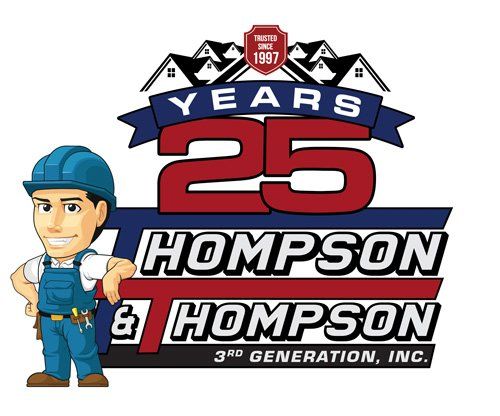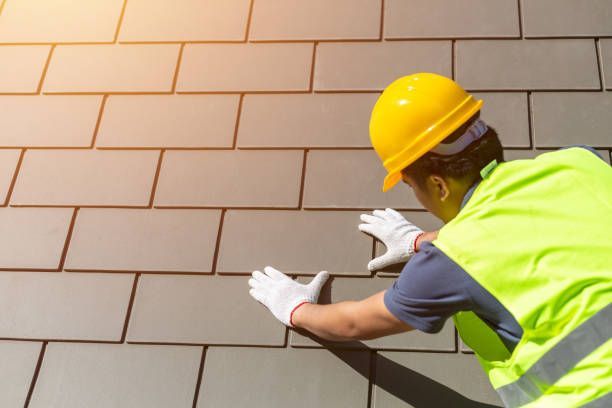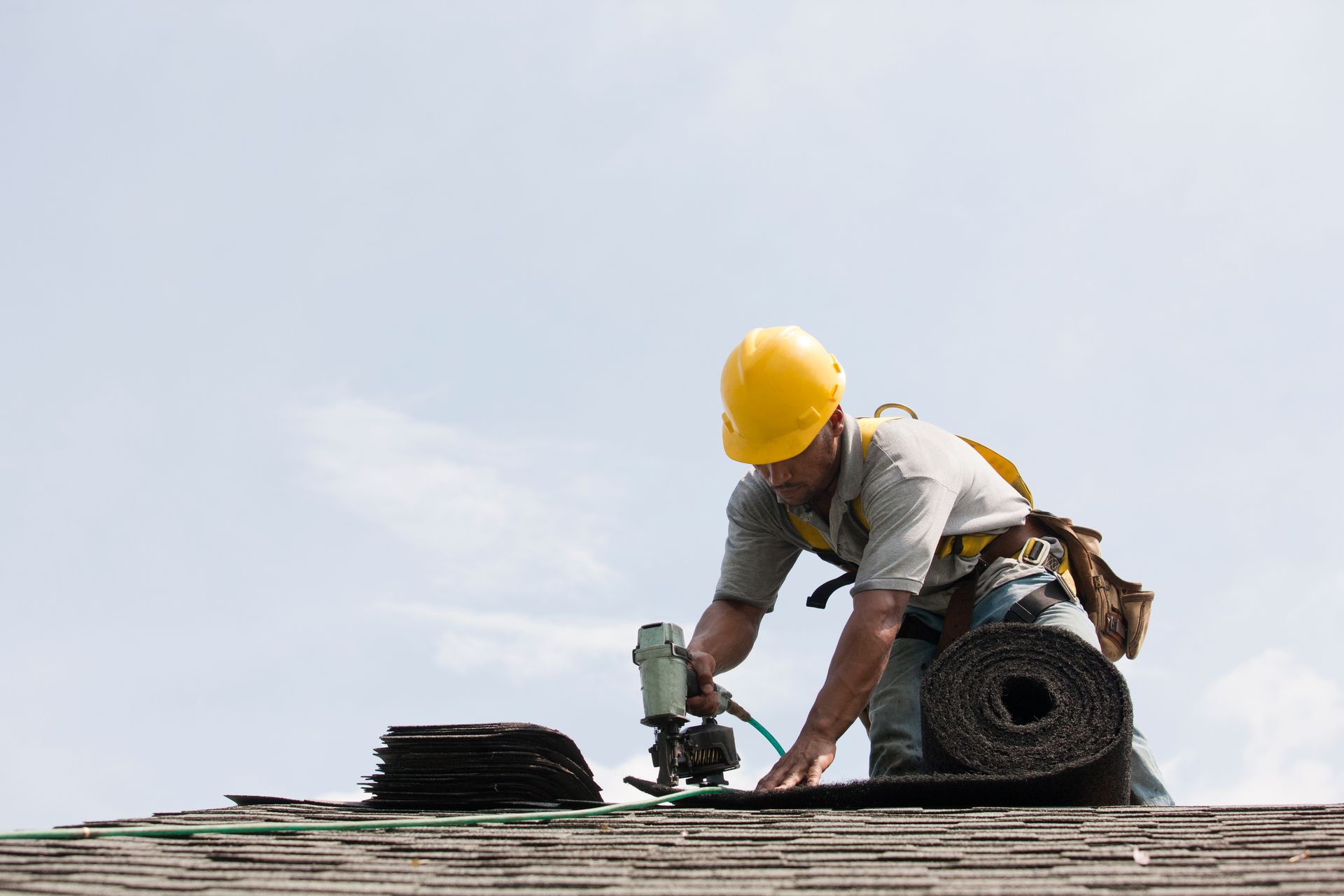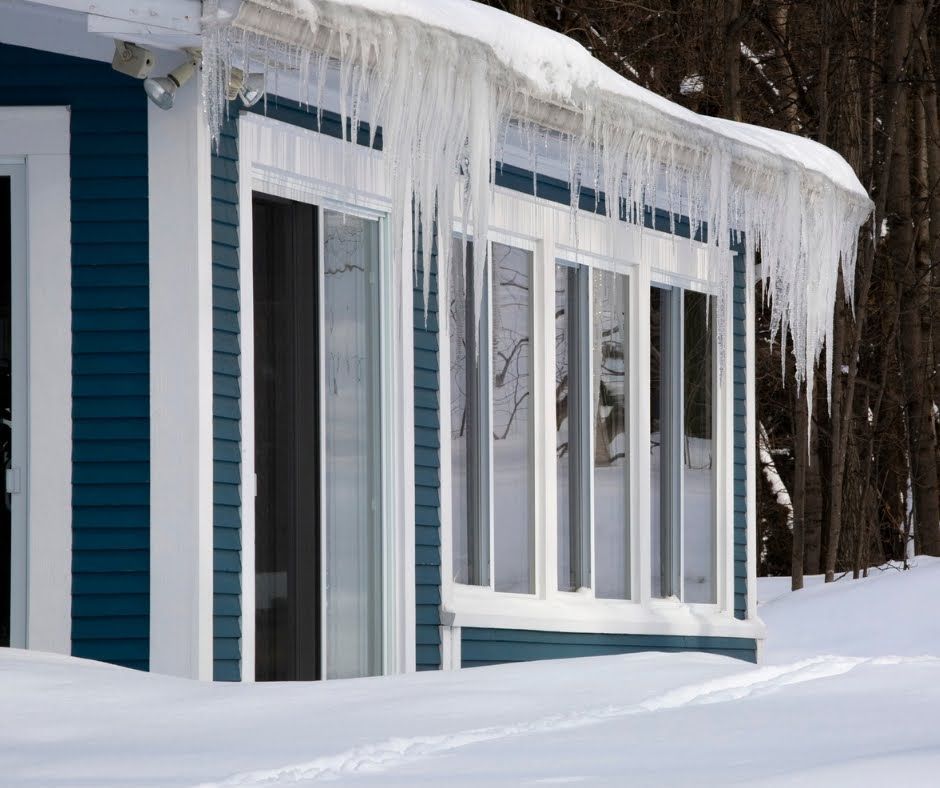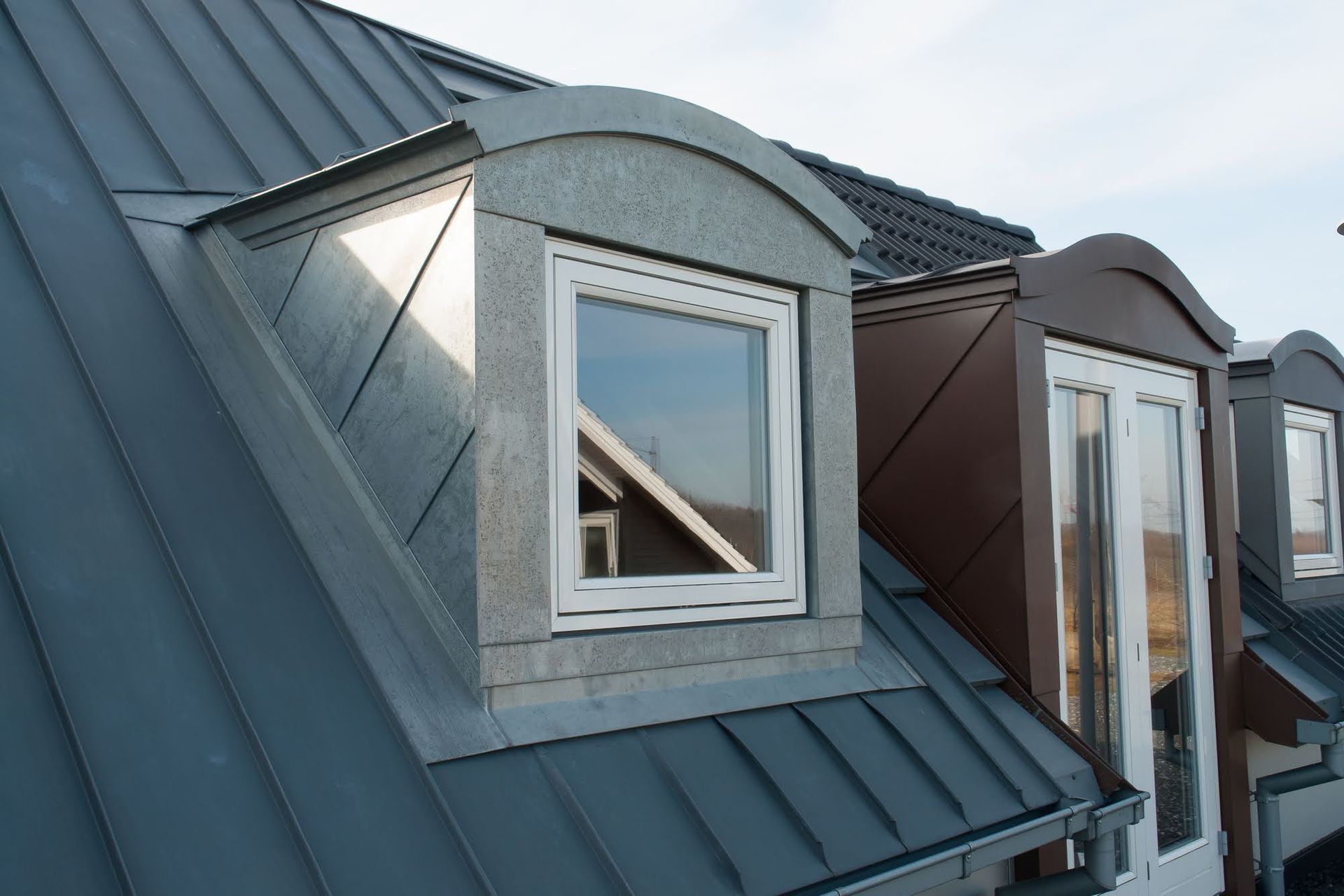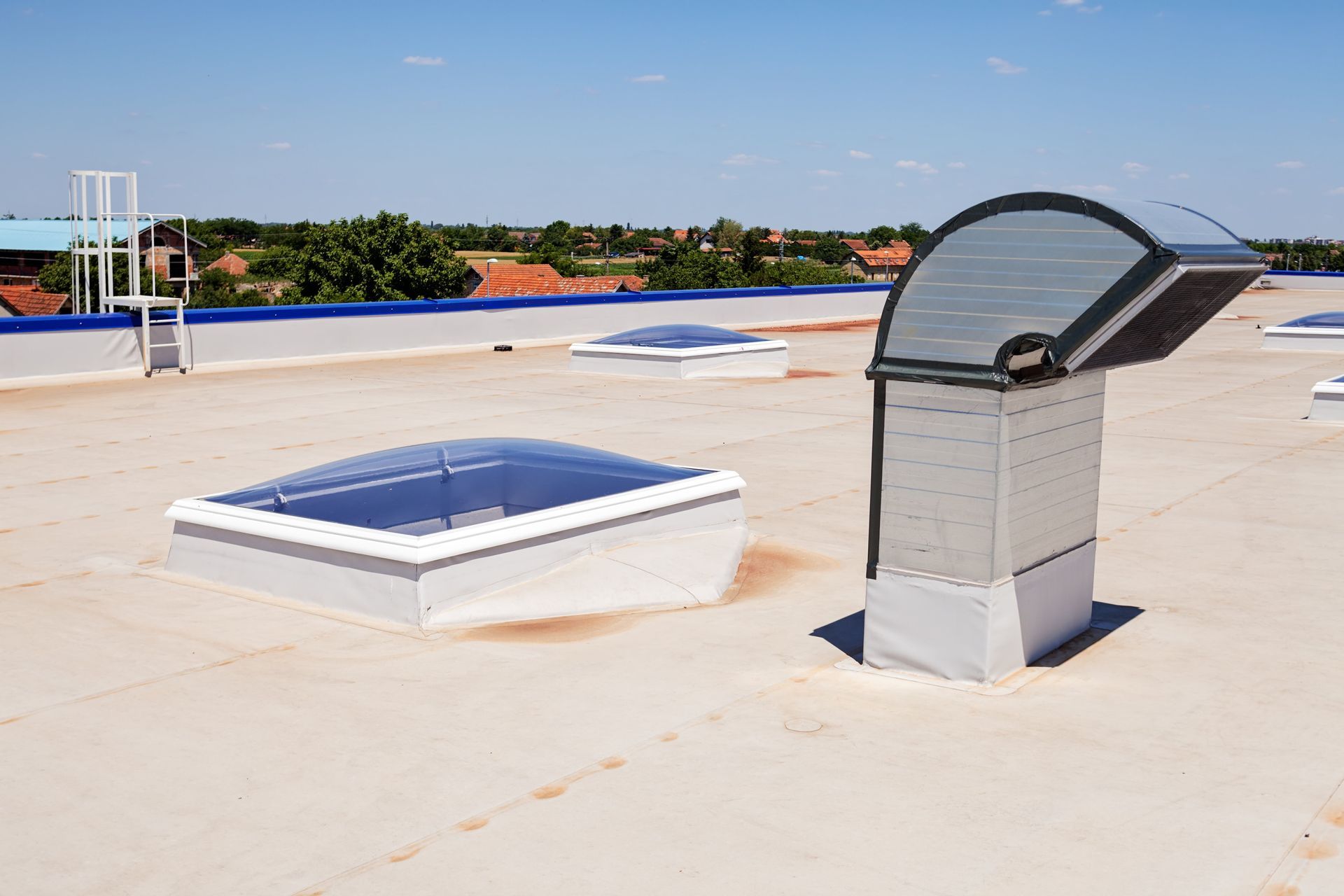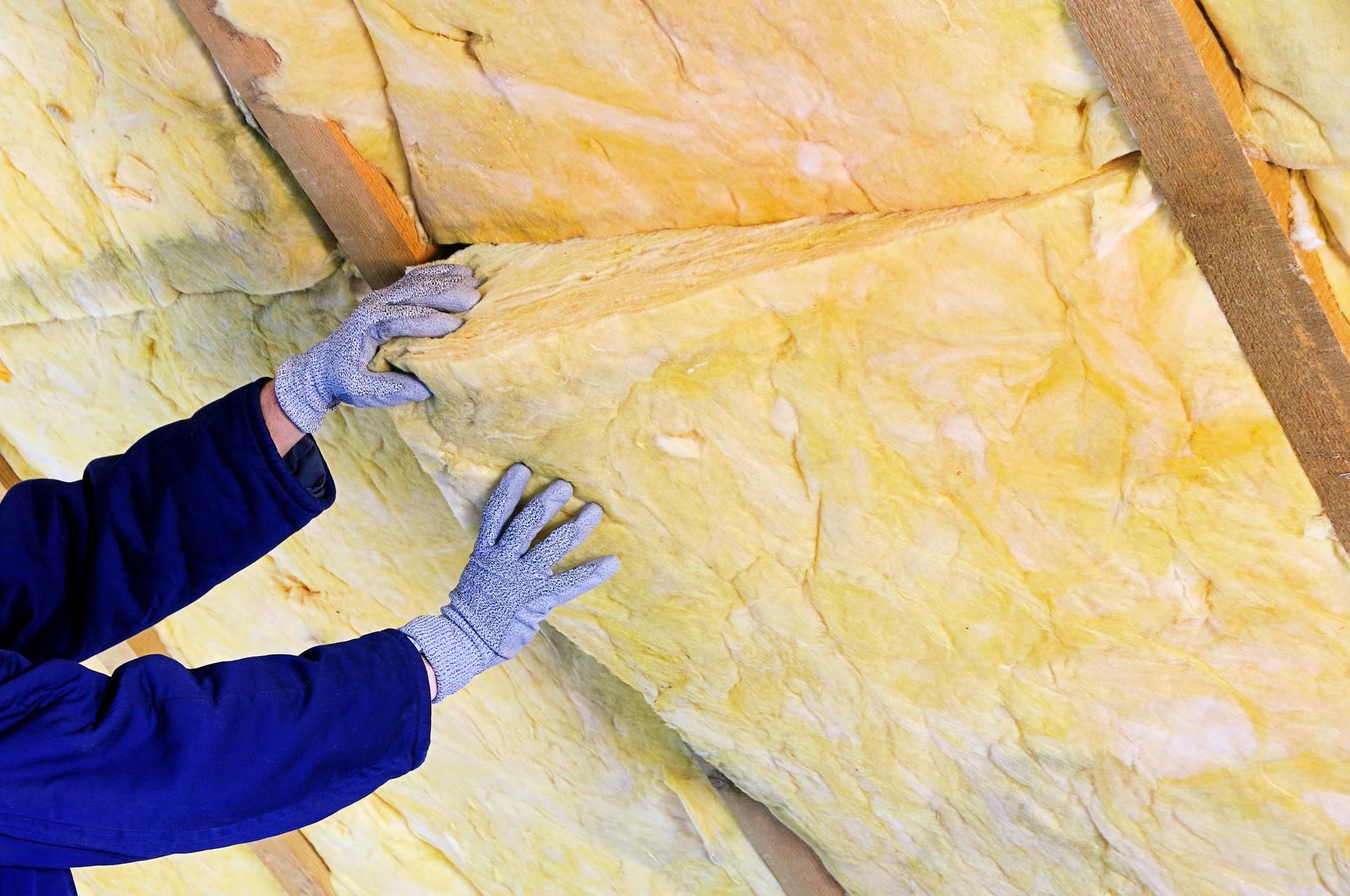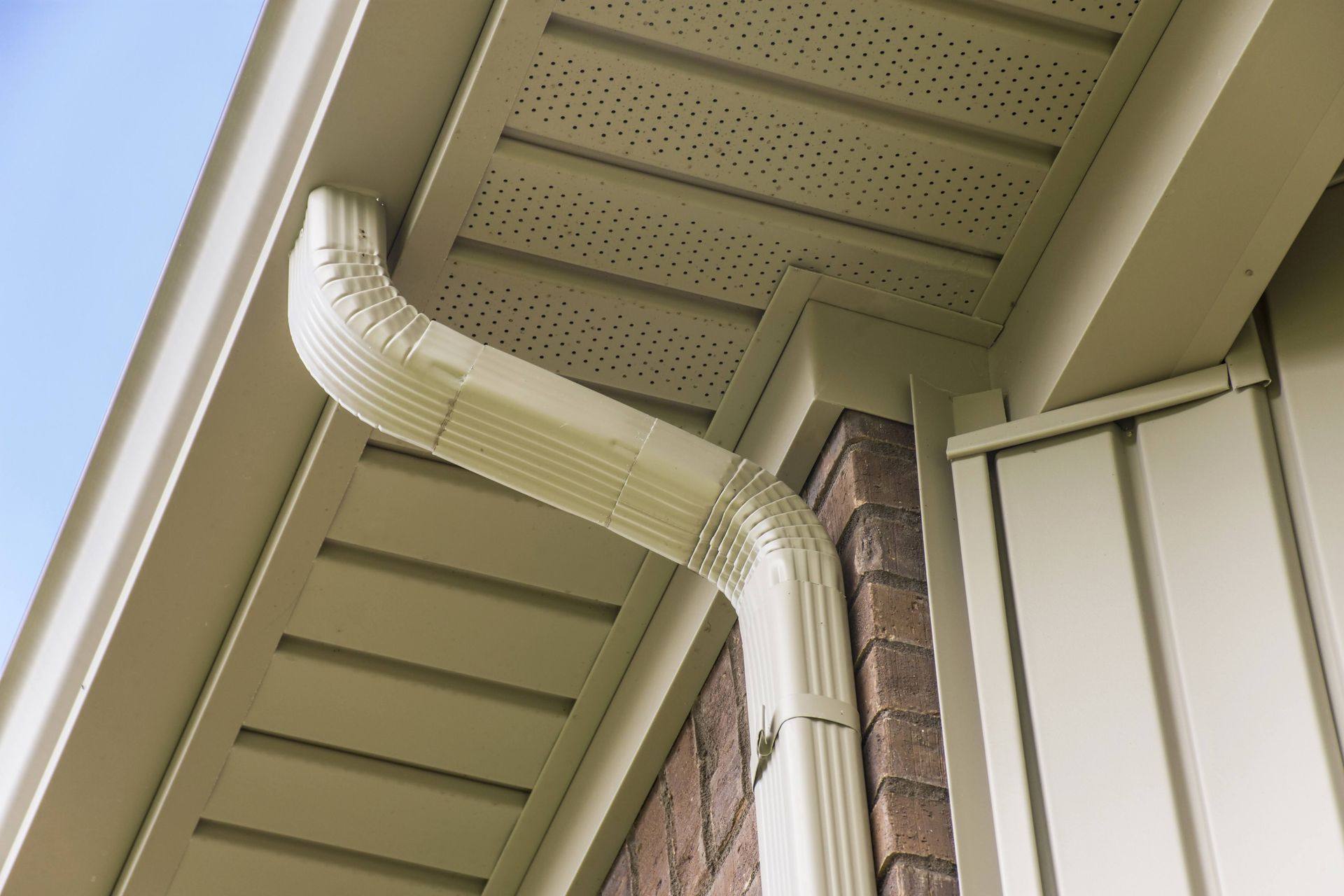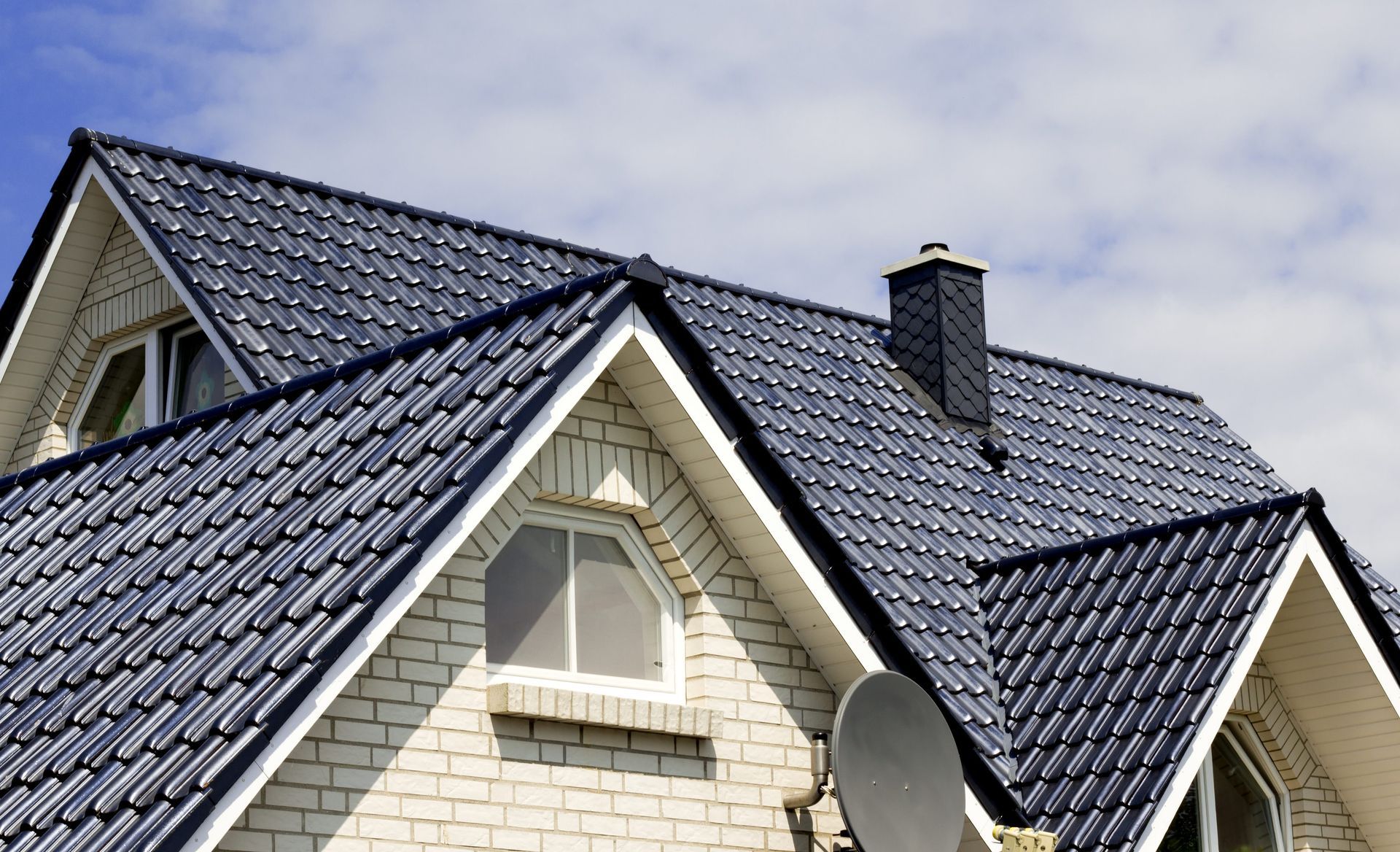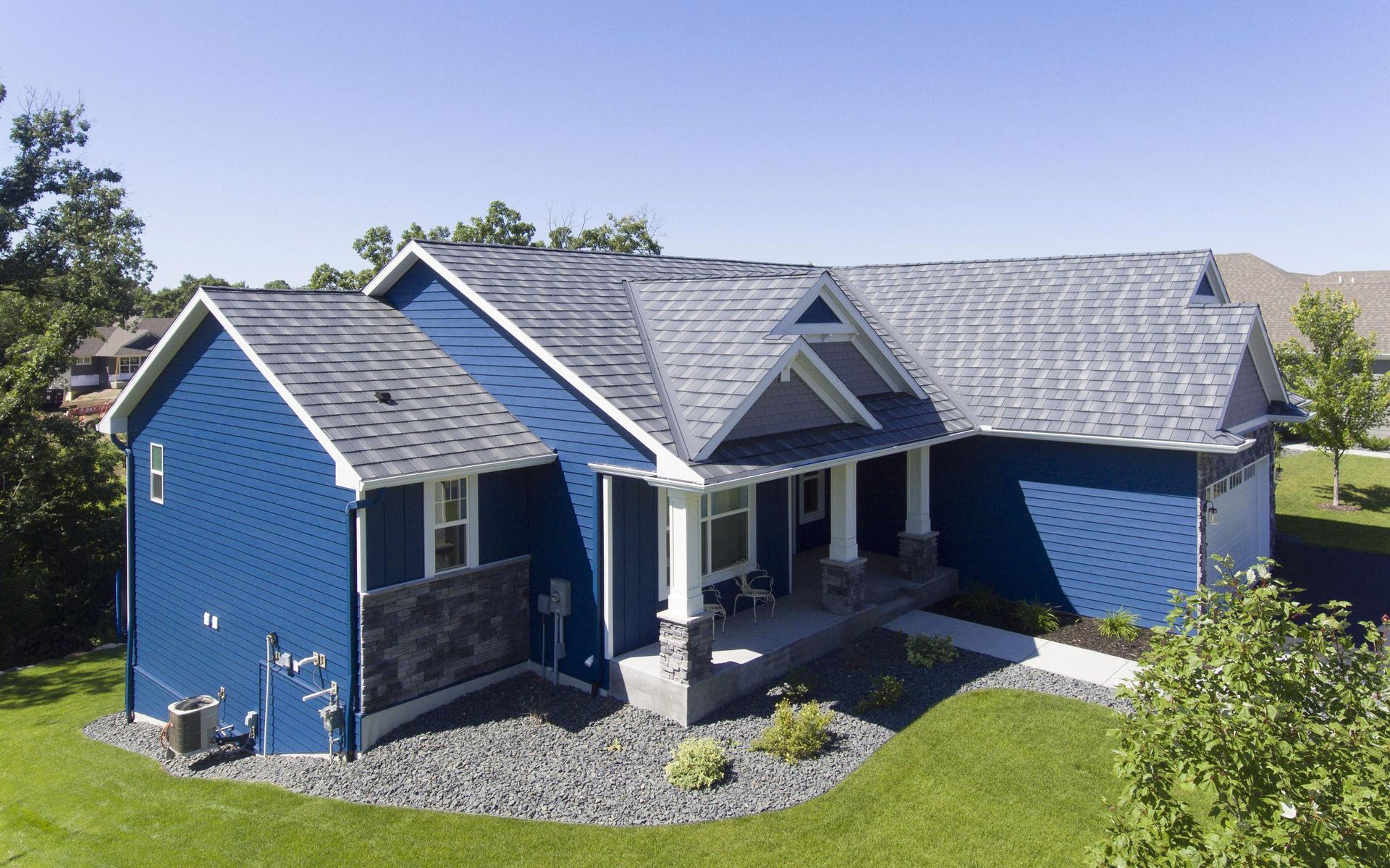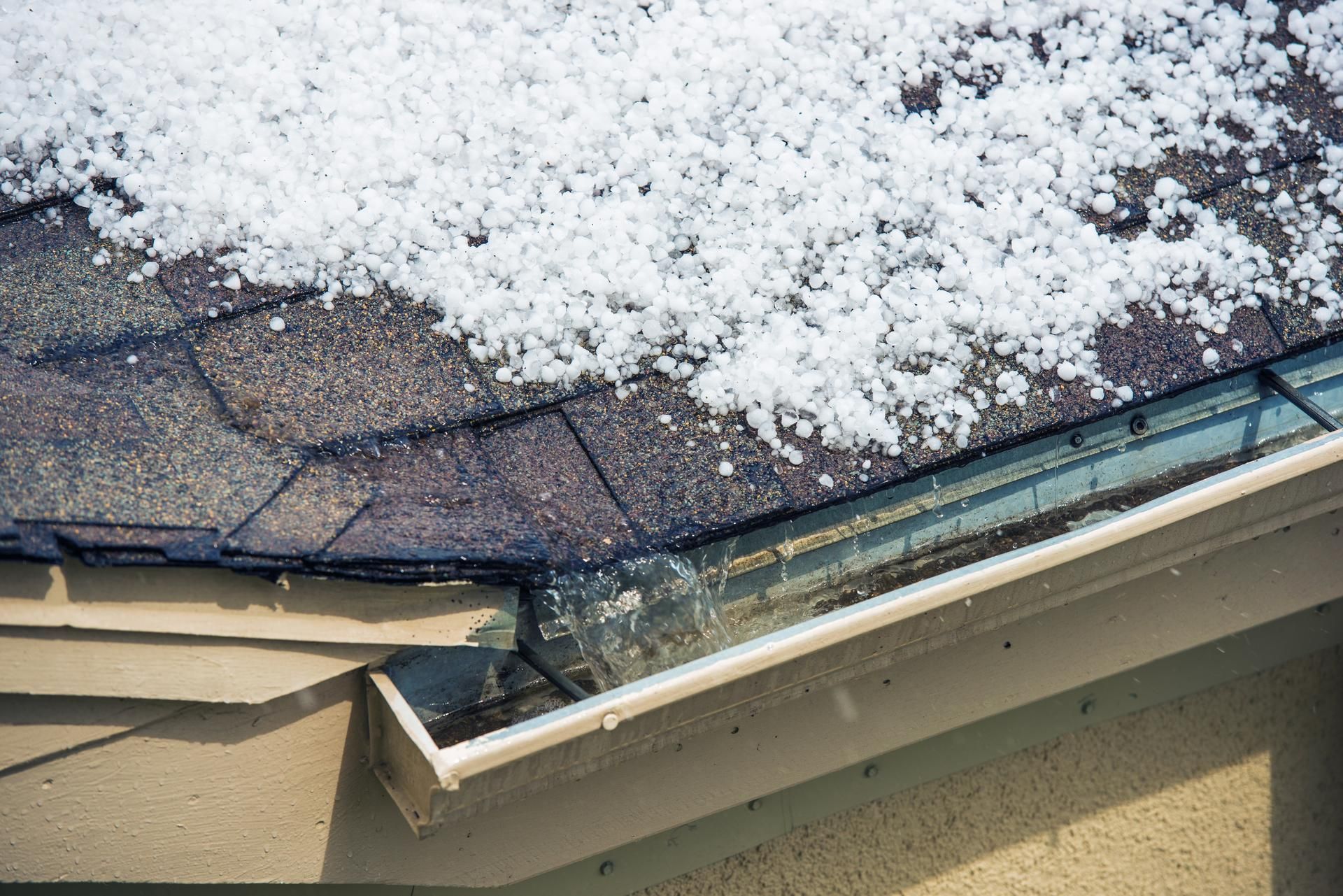Types of Roofing Damage That Affects Asphalt Roofing
Asphalt roofing is one of the most popular choices for residential properties due to its affordability, durability, and ease of installation. However, like all roofing materials, it is not immune to damage over time. Understanding the types of damage that can affect asphalt roofing is essential for homeowners to maintain their roofs effectively and avoid costly repairs.
Weather-Related Damage
One of the primary culprits of asphalt roofing damage is the weather. Extreme weather conditions such as heavy rain, snow, wind, and hail can all pose significant threats to the integrity of asphalt shingles. Prolonged exposure to intense sunlight can lead to the drying out and cracking of shingles, while heavy rains and snow can cause water infiltration if the roof is not adequately sealed. Windstorms can lift and remove shingles, leaving the underlying structure vulnerable to moisture and further deterioration. Hailstorms, in particular, can cause severe dents and punctures in asphalt shingles, reducing their effectiveness in protecting the home.
Algae and Moss Growth
Another common issue with asphalt roofing is the growth of algae and moss. In areas with high humidity and frequent rainfall, algae and moss can flourish on the surface of shingles. This not only affects the aesthetic appeal of the roof but also impacts its functionality. Algae can cause dark streaks and stains, while moss can uplift shingles as it grows, creating gaps that allow water to seep underneath. Over time, this can lead to rot and deterioration of the roofing structure. Regular cleaning and the installation of zinc or copper strips can help mitigate this type of damage.
Thermal Splitting and Cracking
Thermal splitting, also known as "thermal shock," occurs when there are rapid fluctuations in temperature, causing the shingles to expand and contract. This continuous movement can lead to cracks and splits in the asphalt shingles, compromising the roof's ability to keep out water and debris. Homeowners in regions with large temperature variations between day and night are especially susceptible to this type of damage. To counteract thermal splitting, it is crucial to ensure that the attic is properly ventilated, allowing for a more stable temperature range on the roof.
Granule Loss
The small granules on asphalt shingles serve more than just an aesthetic purpose; they provide a layer of protection against UV rays and physical damage. Over time, these granules can become loose and fall off due to aging, heavy rainfall, or physical abrasion from tree branches. Granule loss reduces the shingles' effectiveness in protecting the roof from the elements and can be an early sign of roof aging. Homeowners should regularly inspect their gutters for granule accumulation and examine their roof for bald spots to assess the extent of granule loss.
Poor Installation and Maintenance
Even the most durable asphalt shingles can fall victim to poor installation practices and lack of maintenance. Incorrect installation techniques, such as improperly nailed shingles or inadequate underlayment, can lead to premature roofing failure. Additionally, failing to perform regular inspections and maintenance can allow minor issues to escalate into significant problems. Homeowners should ensure that their roof is installed by experienced professionals and schedule regular maintenance checks to address any potential issues promptly.
Ice Dams
Ice dams are a specific type of damage that occurs in colder climates where snow and ice are prevalent. When heat escapes from the attic, it can melt the snow on the roof, which then refreezes at the eaves, forming ice dams. These ice dams prevent proper drainage and can cause water to back up under the shingles, leading to leaks and potential structural damage. Ensuring proper attic insulation and ventilation can help prevent the formation of ice dams and protect the asphalt roofing from related damage.
Understanding the various types of damage that can affect asphalt roofing allows homeowners to take proactive measures in maintaining their roofs. Regular inspections, proper installation, and preventative maintenance are key to extending the life of an asphalt roof and protecting the home from the elements. By addressing these issues promptly and effectively, homeowners can ensure the longevity and durability of their asphalt roofing.
If you need roofing services for your home roof, contact Thompson & Thompson 3rd Generation, Inc. for more information.
Send Us Your Project Inquiries
We will get back to you as soon as possible.
Please try again later.
- Mon - Fri
- -
- Sat - Sun
- Closed
